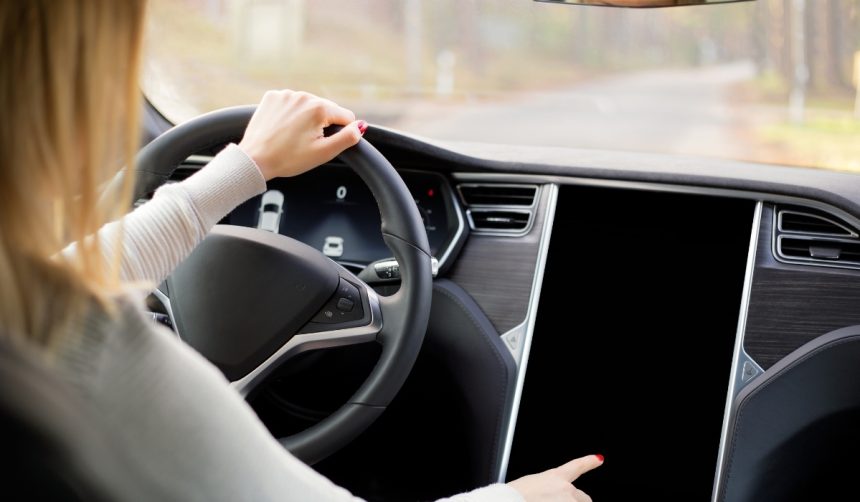Tesla‘s recent software update has altered the functionality of its vehicles’ power outlets, presenting challenges for outdoor enthusiasts who rely on these features during camping trips. The electric vehicle manufacturer’s decision impacts how owners utilize their cars in remote settings, potentially affecting the convenience and practicality of using appliances while on the move. This change underscores Tesla’s ongoing efforts to manage vehicle power consumption and enhance overall system efficiency.
Previously, Tesla owners could use the 12-volt and 16-volt sockets even when no one was seated in the vehicle, facilitating the use of various appliances during camping. This unrestricted access allowed campers to power fridges and other devices without keeping the car occupied. The latest update changes this dynamic, requiring either presence in the vehicle or activation of Camp Mode for socket functionality.
How Does the Update Affect Power Outlet Usage?
The software update, version 2024.32, restricts the use of the vehicle’s power sockets unless a person is present inside or the car is operating in Camp Mode. Consequently, sockets are inactive when the vehicle is not in use or monitored by Sentry Mode, limiting the ability to run appliances unattended.
What are Campers’ Concerns?
Their concern is Sentry Mode used to keep USB ports and 12V powered, which is commonly used when leaving your vehicle after using Camp Mode.
This now makes it so fridges, or other appliances will power off and risk food spoilage. Not all benefits of Camp Mode are necessary if…
— Teslascope (@teslascope) October 6, 2024
Why Did Tesla Implement These Changes?
@Tesla please re-consider this change or let us know why it had to change. https://t.co/OthKT9LiJs
— Chuck Cook (@chazman) October 6, 2024
Tesla’s modification to the vehicle’s power management system reflects the company’s focus on optimizing battery life and minimizing energy drain. However, this change has not been well-received by all users, particularly those who depend on continuous power for camping purposes. While the intent may be to preserve battery health, the implications for outdoor enthusiasts highlight the delicate balance between technological advancements and user needs. Moving forward, Tesla may need to address these concerns to maintain customer satisfaction and accommodate diverse usage scenarios.










